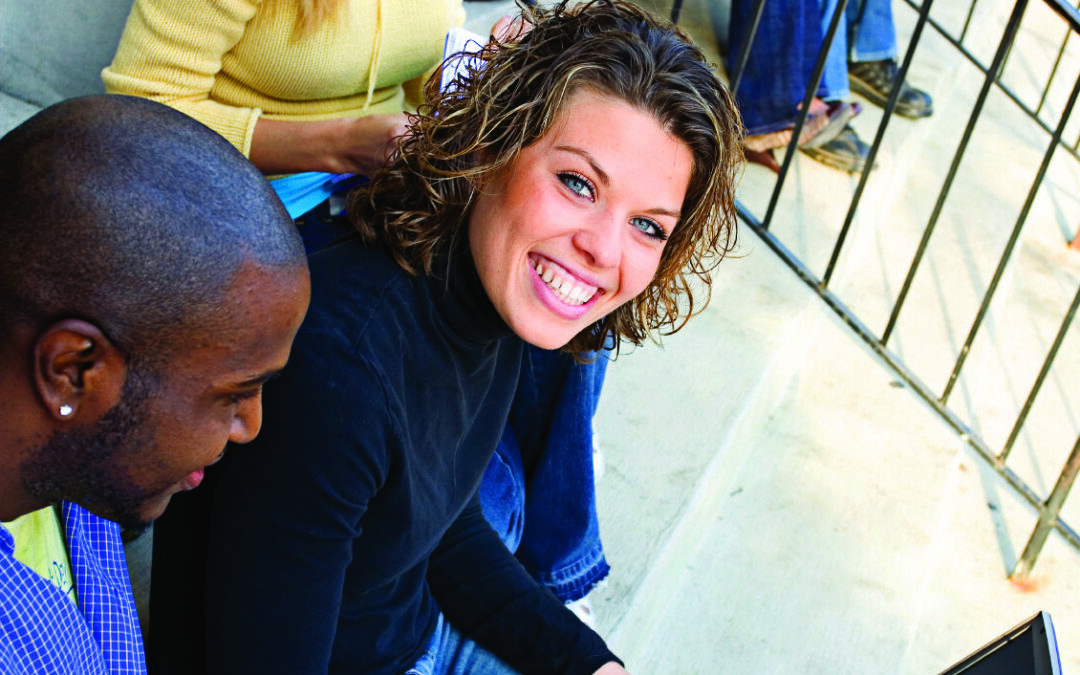Drugs, Drinking & Depression: The Kids May Not Be Alright
Every generation has seen their share of thrill-seeking teens acting out and making dubious choices regarding drugs and alcohol. “There’s a normative aspect to risk taking at this age,” assures clinical psychologist Gilly Kahn. “It’s hardwired into our systems to allow us to learn our place in the world.”
In the 2020s it’s increasingly likely that these kinds of activities are also being used by Zoomers (born between 1997 – 2012), particularly the older ones, to temporarily ease their depression and anxiety. New research from Harvard shows that, based on well-established measures used to screen for generalized anxiety disorder or major depressive disorder, 42% of people ages 18 to 25 reported being either anxious or depressed – almost twice as many as the teens surveyed. Additionally, more than half said their lives lack meaning or purpose.
If there’s a silver lining to be seen here, it may be the respondents’ willingness to share their condition, unashamed and unafraid to reveal mental health issues. “Young adults these days may be more emotionally aware and articulate than any generation in American history,” wrote the researchers.
Like older people, symptoms of depression in young adults and teens can include:
- Diminished pleasure in things they used to enjoy
- Fatigue and sleep issues
- Anxiety
- Constant sadness
- Feeling worthless, guilty or restless
- Physical ailments such as headaches and stomach aches
- Significant weight loss or gain
- Difficulty concentrating
- Isolation
- Thoughts of death or suicide
Dissimilar to older adults, they may also do poorly at school, be more apt to ‘act out’, and feel irritable, negative and argumentative.
Effective ways to treat depression include cognitive behavioral therapy to help change negative patterns of thinking and behaving, and interpersonal psychotherapy to develop healthier relationships at home and school. An anti-depressant drug (selective serotonin re-uptake inhibitor or SSRI) may also be prescribed when appropriate.
Most importantly, Kahn advises parents and grandparents to keep the lines of communication open by taking every opportunity to talk about emotions and ‘actively listen’. “Sometimes parents are completely surprised by a call from the school guidance counselor who alerts them to the fact that their teen was Googling information about depression or suicide. But teens are really good at trying to cover up how they feel and may not want to burden family members with their sadness or anxiety,” she says.
Consistently expressing unconditional love and acceptance, even if it seems unappreciated, is key. “Teens may give you attitude or not show gratitude in the moment, but don’t stop because it has a huge positive impact on their mental wellbeing,” says Kahn.
Essential Coping Skills for Teens and Young Adults Dealing with Anxiety and Depression
- Understand. Put your emotions in perspective, gather your thoughts, and problem solve.
- Distract. Take time away from a problem and stop spiraling; you’ll have a clearer mind when you return to it.
- Move. Release endorphins to increase a feeling of well-being while decreasing cortisol (stress hormones).
- Ground. Reconnect with your senses, be present in the moment.
- Connect. Tap into your support system, engage in caring for others in the community.
`Adapted from: Harvard GSE Making Caring Common Project
Learn more from resources dedicated to supporting mental health:
Anxiety & Depression Association of America offers extensive information about anxiety, depression, PTSD, suicide and how to join free peer-to-peer support communities.
Cogenerate is an organization that fosters intergenerational collaboration through diverse programs, events, and media initiatives.
DoSomething is one of the largest nonprofits dedicated to providing opportunities for young people to take action on various pressing social issues.
Jed Foundation is a nationally recognized nonprofit that works to protect emotional health and prevent suicide among teens and young adults. Provides comprehensive resources to help young people prioritize their mental health while managing important life transitions.
Wondermind is a popular online resource for expert advice, candid conversations, and tailored content to help young people put their mental fitness first every day. It also has a “filter by
feels” feature, allowing you to find content specific to how you feel.

